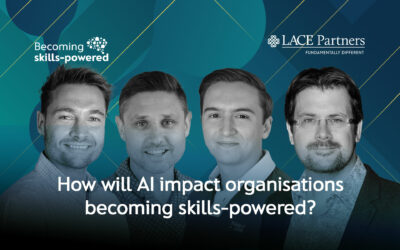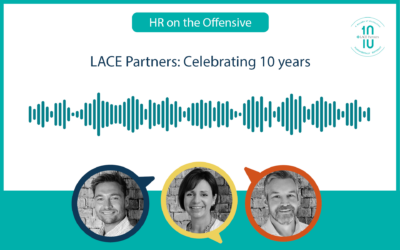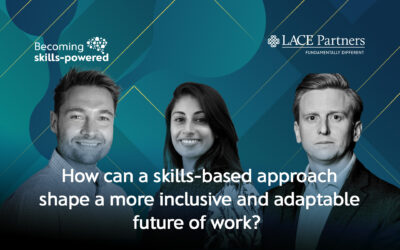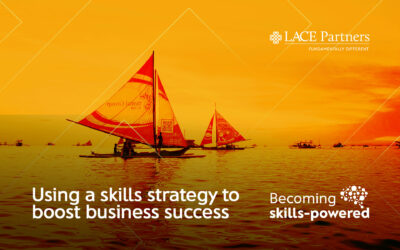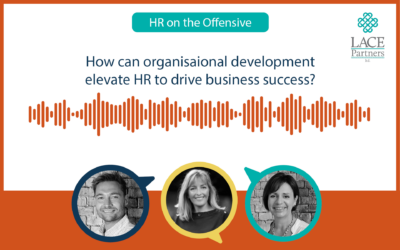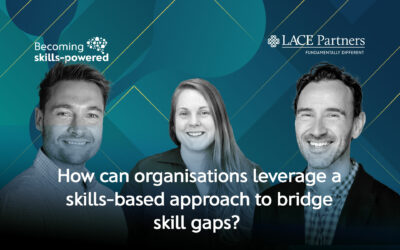Let me start by explaining some key consulting activities…
Workshops
Over the past three weeks I have been heavily involved in helping to prepare and run a series of client workshops. Workshops, as I found out, are a keyway for consultants to help clients work towards outcomes they might not even realise they need. They are a way to bring together all the relevant minds and stakeholders to reach a solution faster (often in a more creative way) than relying on individual conversations.
Process Mapping
Not everyone’s cup of tea but essential to understand workflows, how processes operate currently and how you would like things to work in the future.
Change Impact Assessment
Crucial in articulating how the changes and decisions we work with clients to agree will impact the people within the organisation. You need to consider who will be impacted, how they will be impacted and ways to either mitigate or embrace the changes in order to successfully deliver on the outcomes you desire.
So far, I have been most surprised by…
Before joining LACE I knew that consulting, as an industry, involved a high rate of change, but I experienced this first hand much sooner than expected. Within my first week I had already changed project team and then joined a second in an analytics role. Having the ability to pick up something new and run with it is essential. As a result, you don’t always get to finish what you start, which might sound negative but it makes life fast paced and I really enjoy working on multiple projects so it has been great for me to be part of that team working together all doing our little bit to make a project come together.
The prominence of PowerPoint in everyday life as a consultant has also taken me by surprise. I confess I’d never really given much thought to how consultants communicate but I can tell you in a consultant’s toolkit PowerPoint is the backbone of formal communication. I would suggest any aspiring consultant out there should learn to love PowerPoint because this will form a large part of any initial analyst role.
So, my top tips for aspiring consultants…
- Understand your clients. It might sound obvious but given the high rate of change in consulting you really need to understand what makes each project and client unique.
- Build trust with a client. It is the key to the project and your success. Building trust and building trust quickly means that you can be more effective in helping clients achieve the end result.
- First impressions really do matter. As a consultant you may be working with a client for months or days; either way you only get one chance at a first impression. By demonstrating that you have done your homework, have an attention to detail and the ability to listen to – as well as challenge – what is needed, you are laying the foundation for trust which are so crucial to success. And if you can demonstrate all that in your first handshake you are an expert.

